 Distributors and manufacturers: questions to sell more value and less price.
Distributors and manufacturers: questions to sell more value and less price.
by Guitze Messina*
Throughout Latin America, we will find marketers who want to "justify" their product or service by trying to convince and explain why their option is better than their competition's. This method of sale is outdated and unfortunately it is the one that continues to be used by most of our companies, even international companies in the region. The reason? There is no continuous and formal training in sales, only the technical part of the product and "its benefits" are reinforced. To translate your "justifications" into the client's language, these explanations sound like: Blah, blah, blah, blablablah, blah and more blah...
So what do customers really want? Customers want a Solution. But for them to pay attention to the solution, we need to identify their problem.
It makes no sense to explain benefits of something that the customer doesn't value, and the customer only gives value to the things that affect him and he wants to fix. Therefore, the best way to capture the customer's attention is by asking to know their problems and their process and not by listing benefits. For sales managers who want to know if their salespeople are prepared for this type of sale just ask this question: If the customer tells you: Why should I meet with you, about your XYZ product, for 15 minutes, as you would answer him?
If the seller replies with justifications that the product is superior for X or Y reason, then we know that the seller is using the old methods of wanting to sell without first having detected and quantified the problem.
Let's take an example of a vendor providing refrigeration and air conditioning solutions to hotel customers. Many sellers already have a relationship with customers and therefore do not go through all the questions that we are going to show below, however, that is the reason why the sale ends up being eminently by price, because the client does not know many of the implications "of his problem" since they have only presented "benefits".
Let's look at the questions of the process:
1) Customer: Why should I listen to you for 15 minutes? Seller: We have helped other hotels save more than 10% on their electric bill and reduce their damaged product costs by more than 67%. I do not know if we can do the same with you, but with a few questions I can know if we can help you or not, if we can not help you I will tell you. My desire is to know your problem and then see if we can help you solve it. Do you have 15 minutes this week to see how we can help you? I hope sales managers will show you this kind of answer and ask their salespeople to get more appointments with new customers. The questions we will look at below work for both new and current customers, I am sure we will be able to see more results and better sales with higher margins using the questions below:
2) Once in the client's office, it is necessary to know the entire decision-making process and know the points of view of all the people who have something to say in the decision-making process. The more "early in the decision-making process" we are, the greater the chance of selling value and influencing our advantage points. It is important to explain to the client that we will ask those questions to get to know them and their problems better so that we can offer them the best solution to their specific problem. To achieve this, they must know all the points of view of "all those affected and those who influence the decision". Here the questions are:
A) How is the decision-making process in this hotel and who is involved?
B) Usually the maintenance person is involved at the beginning of the process and defines the terms of the purchase, our job is to know your problems. We'll look at these questions later.
C) When do you make your budget?
D) What profession does the purchasing person have and who is the person who makes the final decision?
E) What are the main problems that each area has: purchasing, maintenance, management, engineering, projects? Did the seller meet with each area to learn about those issues?
F) Do you have a preference for a specific brand? Why?
G) What solution (product/line/service/company) do you currently have?
H) What was the selection criteria when that solution was selected?
3) When meeting with the maintenance person it is important to know their problems:
a) What is your main problem with the current system?
b) What is your main problem with the project you want to carry out?
c) What is the main objective of the company with this project?
d) What happens if the system fails on a Sunday, do you have suppliers to help you 24/7/365?
e) What would be the risk/loss of the hotel if the cooling system fails on a Sunday and no one can help them with refractions or service?
(f) How much training do you currently receive from your suppliers?
g) How could we help you make your job better and easier?
h) Is there anything additional that you would like to explain to me?
These questions begin to make us aware of how we can differentiate ourselves from others and really solve a problem for the various actors in decision-making. In addition, they begin to give the staff to understand that we are on their side and we want to help them.
Our job as sellers is: To position our solution so that our service and product differences are more appropriate. For example: we ask the risk and cost of a failure on a Sunday. We do this if our company offers Sunday service so that the hotel's decision includes this difference in its requirements; because they recognize that it would be much more expensive for them to lose product or quality of service than a saving of 5% in the purchase price to the competition that does not open Sunday.
Likewise, when discussing the possible solution of our product and service, we should never speak ill of the competition and much less of the product or supplier that they are using. Why? Well, not only for being unprofessional, but it is also a way of talking negatively about the client, because they themselves decided previously to buy the current solution and criticizing the current solution, we indirectly criticize them.
The questions to ask that process are as follows:
1) The seller asks: What solution, product, supplier do you use now?
2) When the customer answers, the seller answers: Very well, it is a good product, solution or supplier, and here the key question, what was the criteria they used for their use? (we need to know the criteria of each department, each criterion will surely be different and we must try to meet all in our proposal)
3) Is there a change of criteria currently? (it is a way of knowing if the reason for selecting previous one did not turn out and led them to look for a new one or they continue with the same criteria and we must deepen to differentiate our offer).
4) Is equipment efficiency and energy saving important to the hotel?
5) Is ease of maintenance important to you?
6) What factors are important to you?
7) What are you looking for now in a team that you do not currently have?
8) We know that all equipment fails, but how has the company's response been when things have failed?
9) How important is the company/product warranty to you?
10) Would you say that the recommendations of the maintenance department are followed to the letter or in the purchase process there are other departments that influence even more in the decision?
In this process we have described, each question has a goal, if you want more information on why we ask a specific question, please write to [email protected]. The objective of this last question is to know who in the company influences the purchase the most, so that our seller can know that person and their criteria, to try to use these questions and thus influence the requirements in the direction of our option.
Application of concepts
Now we want to show how manufacturers and distributors should use this process correctly and working together. Distributors are closer to customers and have staff to reach specific market niches, but often do not master all the details for a specific project. For this reason, manufacturers must "guarantee" their distributors that they will not take away projects in which they are involved. Likewise, distributors cannot involve the manufacturer until there is a real sales opportunity with detected needs and known purchasing processes.
The process should begin with a strategic meeting between manufacturer and distributor, selecting the types of customers to be visited. The visit of the distributor using these questions, will allow to know their problems and detect "competitive advantages" where together they can work with palpable advantages.
The distributor must "launch his sales force" to detect with these questions the opportunities and then involve the manufacturer in the phase where he begins to talk about the "solution to the customer's problem" whenever necessary. This will reduce the number of "channel" sellers that manufacturers have and at the same time increase sales opportunities in those channels. The distributor is a local arm of the manufacturer and can make its "opportunity detection" work more efficient but even more so is an advantage of "fast and local service" to its customers.
Working together is not easy, but it is the most efficient, professional and long-term relationship method that is the distribution of two stages. Selling using questions and knowing in detail the whole process is more difficult than selling for price only. Consultative selling is that is why the real sale, where the problems of the clients are solved and consequences that they themselves did not see are detected, not only a cheap option is sold.
The key is to remember that we sell more by asking than "justifying" because customers pay to solve their problems and if we know those problems better than anyone else and help them quantify them, we can differentiate ourselves without being the cheapest, but being the most complete solution.
Manufacturers and distributors throughout Latin America can adopt this model, by doing so they will see their sales and profitability greatly improve. This is the challenge of sales management and current commercial management.
* Guitze Messina. Executive Director, Mexico. Heating, Air-conditioning & Refrigeration Distributors International (HARDI.) For more information on HVACR industry best practices visit www.hardimex.org or email: [email protected]




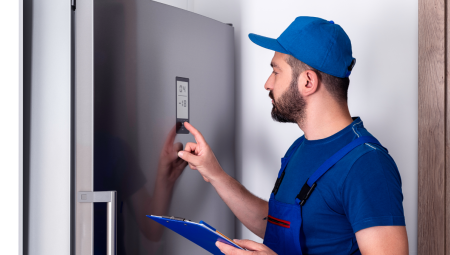
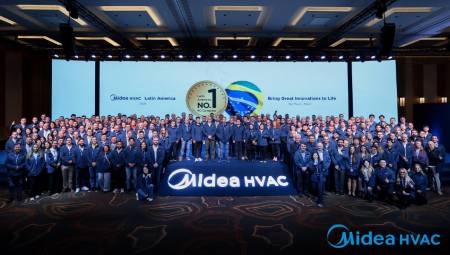

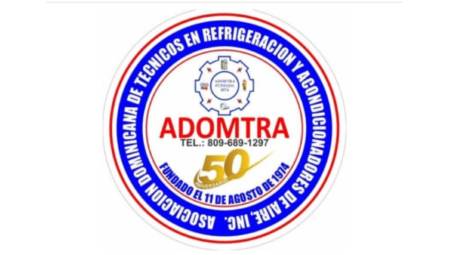
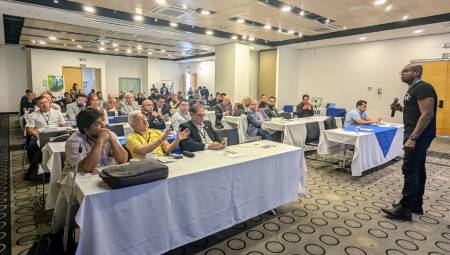
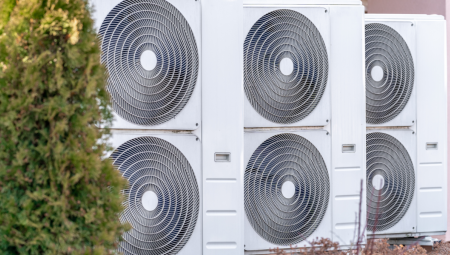
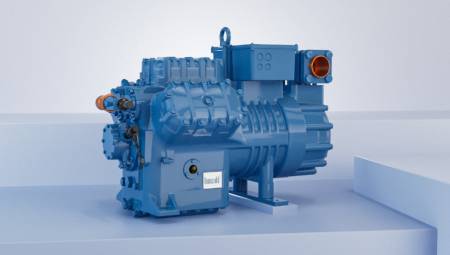




Buenos días, Edgar, puedes escribirle al autor del artículo al correo electrónico: [email protected]
Saludos.